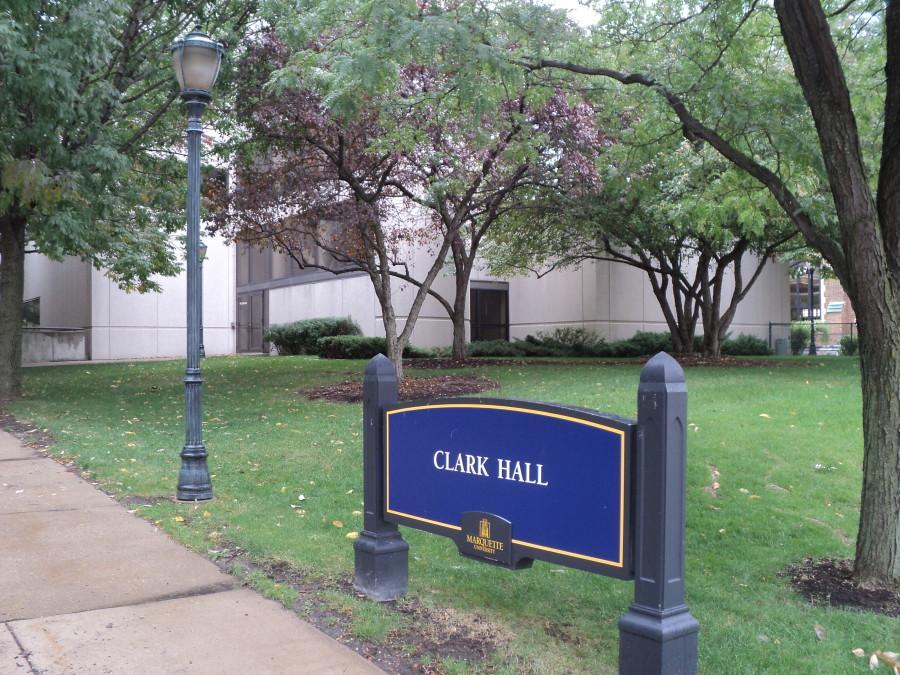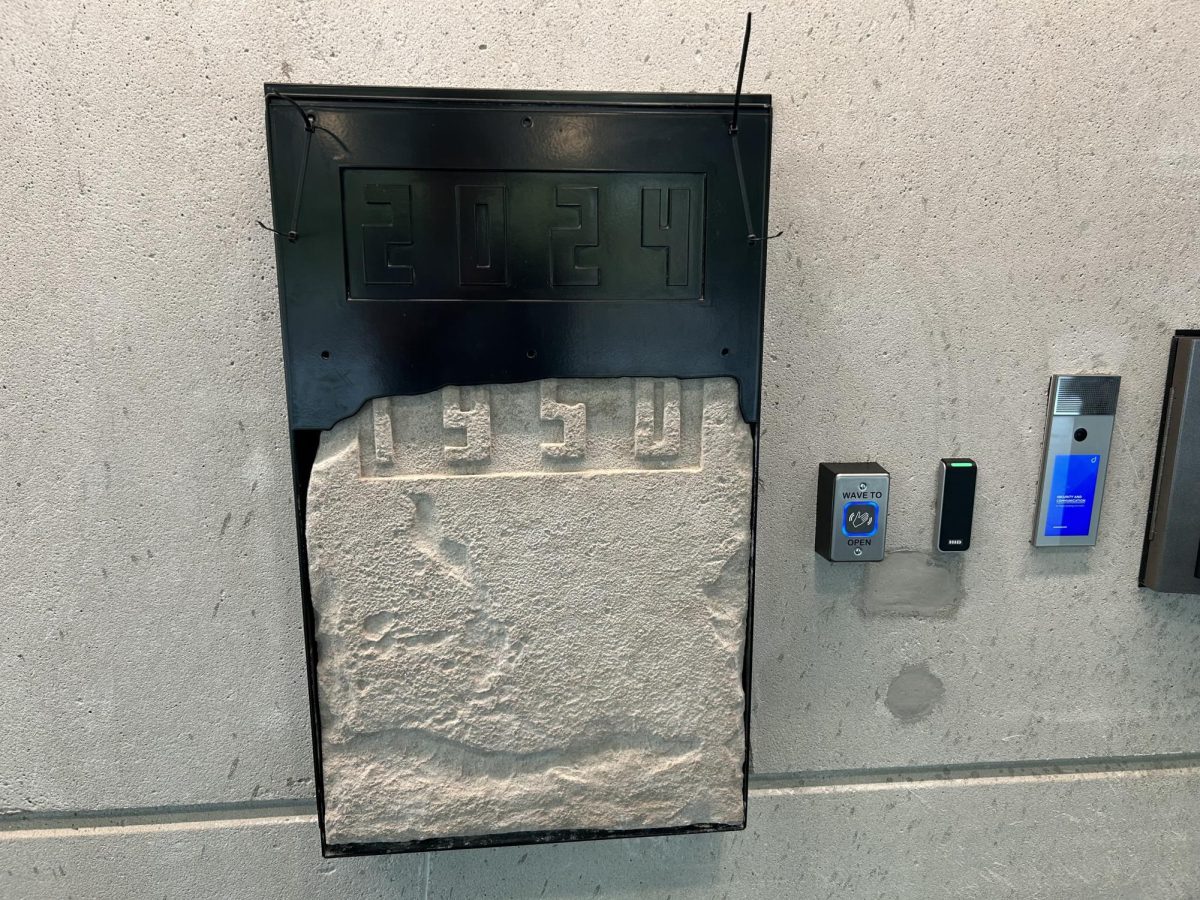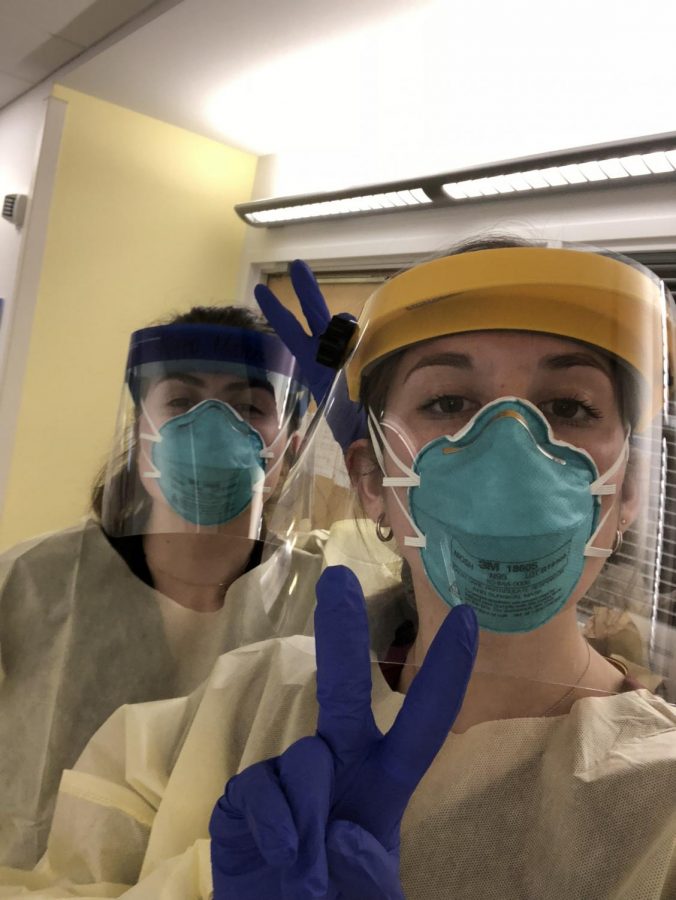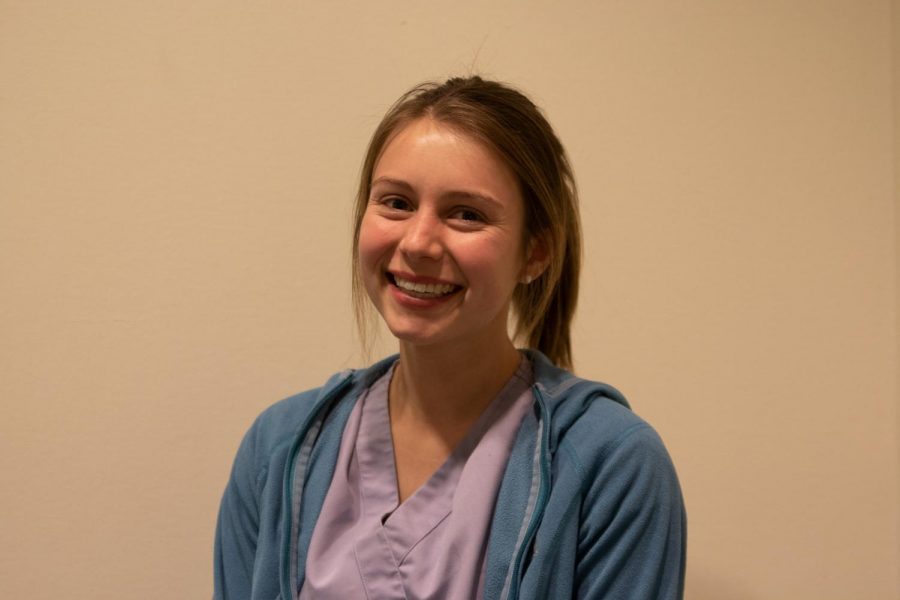Kimberlee Gretebeck, interim associate dean for research and associate professor of nursing at Marquette University, developed Physical Activity for Life for Seniors, a program ran through the College of Nursing aimed at improving the fitness of older adults.
The 10-week program aims to maintain physical function and independence in older adults through circuit workouts, Gretebeck said.
“(It) improves activities like getting in and out of a car, using the toilet and riding the public bus,” Gretebeck said.
The PALS program came to Marquette two years ago when Gretebeck started to work on campus. The program was adapted from a previous research study, Gretebeck said.
“I wanted a program that could be done at home or church, was inexpensive, and improved physical function for seniors,” Gretebeck said.
Through the PALS program, participants do exercises like the chair stand, a sitting and standing exercise. Each exercise is performed for one minute at each station. Another exercise within the circuit is the number touch, where participants lift a weighted ball to different heights to touch numbered posters on a wall.
“Number touch helps improve abilities like combing hair, putting clothes on or reaching something on a high shelf,” Gretebeck said.
The PALS program partnered with St. Camillus Retirement Living in Wauwatosa, in 2017. Graduate and undergraduate students help lead workouts and talk to seniors about their current health and goals for the future, Gretebeck said.
Students work the research team by collecting data, observing the PALS classes, entering data and developing community resource materials for the participants. Undergraduate honors nursing students are selected by Gretebeck to work on the PALS project, where Gretebeck advises them.
Margaret Lyons, a sophomore in the College of Nursing, works at a nursing home and helps with seniors, but is not part of the PALS program. Lyons said PALS sounds like a great program that can make a big difference in a senior’s life.
“I think that some residents that work out regularly are in better spirits generally, it helps them boost their mood as well as loosen up their muscles to be less stiff,” Lyons said.
The College of Nursing has not had a program like PALS before, Gretebeck said.
“So far participants really seem to like it,” Gretebeck said. “We have gotten a lot of positive feedback, like people being able to do laundry easier or ride the bus, just those daily things that are so important.”
The Wisconsin Institute for Healthy Aging is a nonprofit organization providing programs and services for older people. The organization helps Gretebeck plan and recruit participants for the PALS program.
“Dr. Gretebeck’s work is making a big impact on senior health as well as generating knowledge with her research to continue to understand what is most helpful for seniors,” Janet Krejci, dean and professor for the College of Nursing, said.
Gretebeck said not only is the program having positive effects on physical health for seniors, but social health, too.
“The program’s group dynamic gives (participants) the opportunity to socialize and make friends, which is good because good health is … mental … (and) physical,” Gretebeck said.
Correction: An earlier version of this story stated that the PALS program was developed five years ago at the University of Wisconsin-Madison. In fact, the PALS program was not developed at the University of Wisconsin-Madison, but was adapted from a previous research study. The Wire regrets this error. A correction will be issued in the next print edition of the Marquette Tribune.






